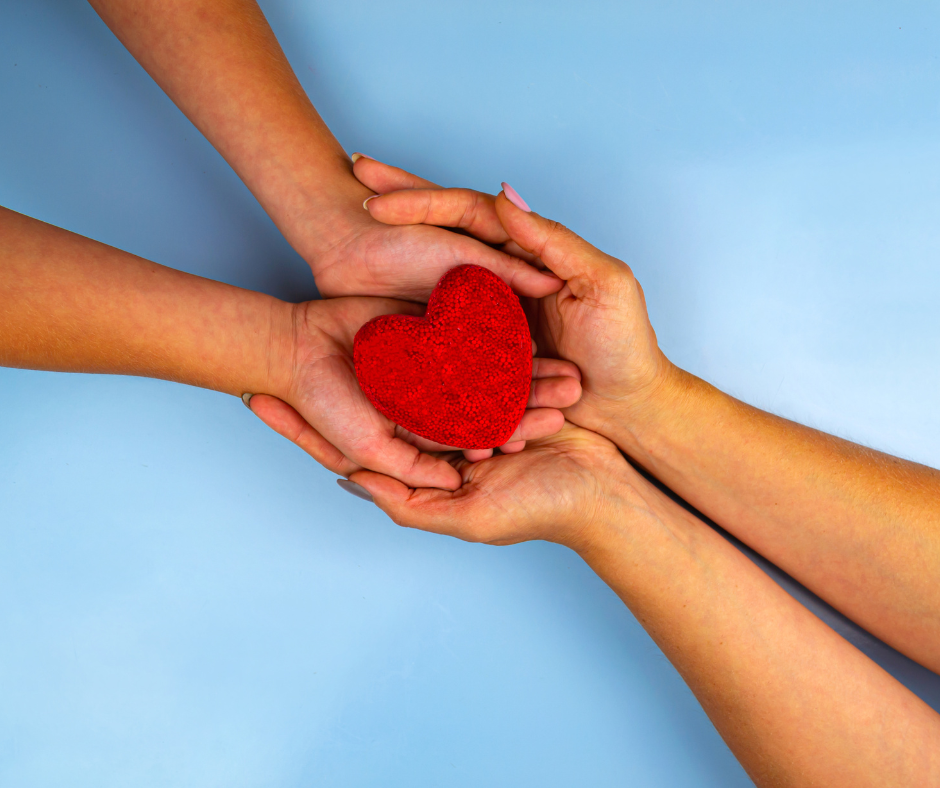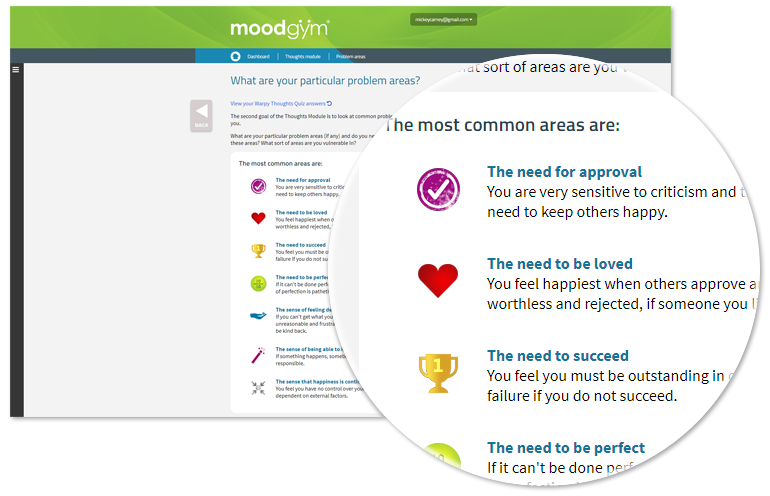Overview
Like with many other mental health concerns and mood conditions, depression is often misunderstood. It is often used as an adjective or is made into the root of a joke, but the reality is far more complex and painful.
Depression is a mental health condition that significantly affects the way someone feels, causing a persistent low mood and sense of hopelessness. Depression is often accompanied by a range of other physical and psychological symptoms. These symptoms can range in the way they are experienced and the way in which they interfere with daily living.
Different people experience depression in very different ways – for some it may be manageable and may not visibly affect the way they function, whilst for others it may severely impact their ability to engage with the world around them and significantly interfere with their everyday activities.
Symptoms
Depression can include a variety of symptoms. It is vital to understand that a person will most likely not exhibit every symptom, and that they may not do so in a way that is stereotypically ‘expected’ or depicted. There is no single, definite way for symptoms to show up.
Possible symptoms may include:
- Persistently low (depressed) mood
- Disturbances to normal sleep patterns
- Loss of interest and motivation
- Feeling worthless or guilty
- Loss of pleasure in activities that a person once enjoyed (anhedonia)
- Increased anxiety
- Changes in appetite or weight
- Loss of sexual interest
- Physical symptoms – such as aches and increased susceptibility to illness as a result of a weakened immune system
- Challenges in concentration, despite having the intellectual ability to do so.
What causes Depression?
There are a number of possible causes of depression. The causes are different for everyone – there is no universal cause of depression. For many people, there may not be one singular identifiable cause, but rather a number of factors that come together in a ‘perfect storm’.
Some possible situations, experiences, and contributing factors that may lead a person to experience depression include:
- An experience of a distressing or traumatic event or situation. This is commonly termed ‘reactive depression’
- Experience of a co-occurring mental health condition, such as bipolar, anxiety, eating disorder, or traumatic-stress related condition. It is also important to note that periods of depression are characteristic of bipolar – a person will experience extreme highs (mania) and lows (depression) without any apparent reason.
- Postnatal depression, aka postpartum depression, following childbirth. Whilst this typically refers to women and the wave of maternal hormonal changes, it can also affect men.
- Endogenous depression refers to that which has no apparent external cause, and is attributed to chemical and biological changes within the brain.
- Adolescence is known to be a risk period for mental health conditions, with depression being no exception. It is during this period that hormones are surging and major life changes are occurring, which in itself can be stressful and overwhelming.
- Bereavement is also a common cause of depressive disorders. Although grief and depressed mood are normal and expected parts of loss, however if this becomes persistent or ‘chronic’, it may be considered a depressive condition.
This list is not comprehensive, and the causes of depression cannot be reduced to a few dot-points. In many cases, there may not even be a distinct cause.
It is also important to note that whilst we talk about depression as a ‘depressive condition’ or ‘disorder’, this in itself is very in line with the medical model and implies that a person is somehow defective in their thinking and feeling.
How many people develop Depression?
The following statistics have been taken from the latest available data published by the Australian Bureau of Statistics (ABS), taken from the National Study of Mental Health and Wellbeing 2020-2022.
- It is estimated that one in seven Australians will experience a depressive condition at some point in their life
- Depression has the third highest burden of all diseases in Australia (13%)
- Depression is the number one cause of non-fatal disability in Australia (23%)
- The World Health Organisation estimates that depression will be the number one health concern in both the developed and developing nations by 2030
How is Depression diagnosed?
If it is suspected that a person may be experiencing depression, then it’s important to talk to a GP who can refer onwards or to another health professional that has the skills, knowledge and the qualifications to make a diagnosis.
A mental health assessment can help determine whether a person is experiencing a depressive condition and if so what interventions can help. In an assessment, a person usually discusses their thoughts, feelings, behaviour patterns, relationships, personal mental health history (including any treatments they have tried before), and family history of mental health conditions. It may also involve a physical examination. This assessment will help determine which specialists or services to refer to, such as a psychologist, psychiatrist, counsellor or a mental health organisation that offers peer support.
How is Depression treated?
Treatment can do much to reduce and even sometimes combat the symptoms of depression. Treatment may include a combination of medication, individual therapy, community support, and a number of other interventions.
- Medication: Certain medications can help address chemical imbalances within the brain and help manage symptoms.
- Individual therapy: A doctor, psychologist or other health professional talks with the person about their symptoms, and discusses alternative ways of thinking about and coping with them.
- Community support programs: This support may include information; accommodation; help with finding suitable work, training and education; psychosocial rehabilitation and mutual support groups. Understanding and acceptance by the community is also very important.
- Peer support: Lived Experience (Peer) work is a relatively new and emerging field that is proving to be highly beneficial in supporting people living with mental health conditions and helping them define ‘recovery’ for themselves to in turn lead a life that is more rewarding and fulfilling. Peers use their lived experience alongside formal education, training and co-reflection to connect with a person and to guide them not as a clinician, but as an ally and fellow human.
- Alternative Therapies.
The meaning of ‘Recovery’
Treatment for any mental health condition is not a one-size-fits-all. It is highly individual. It is also not realistic to expect a ‘cure’.
Recovery can be a challenging term for some, as in itself this is defined as a ‘return to a state that once was’. The truth is, people are always growing and changing, and perhaps a person might not desire to return to the life that they had. For others, the word recovery is full of hope and has no negative connotations. This in itself attests to the fact that mental health treatment and recovery is so individual.
In the case of depression, ‘recovery’ doesn’t necessarily equate to being free from sorrow. As humans, we will all experience periods of hardship and of poor mental health – the idea that we will never feel pain is simply not feasible.
Each of us experiences sad times, tough times and depression in our lives. Our journey through life is a succession of ups and downs, valleys and mountains. Recovery may be seen as the view from the top of the mountain.
Help & Support
It is important to ask your doctor about any concerns you have. Building a rapport with a clinician can be key to treating mental health conditions effectively and supporting people in their recovery.
It is also important to have a support network of people you can trust and talk with. Mental ill-health does not have to be a battle fought alone. This might be friends or family, a support group, or even something completely separate like a hobby group. It’s important to note that there is no one-size-fits-all solution, and what works for one person may be detrimental to another.
SANE Australia also produces a range of easy-to-read publications and multimedia resources on mental health conditions.
For more information about this topic see:
SANE Guide to Depression: Helps people diagnosed with depression and their family and friends by explaining what it means to have depression, the treatments available and what a person can do to help themselves.
SANE Guide to Staying Alive: Provides practical step-by-step hints and advice for consumers, carers and health professionals on dealing with suicidal thoughts and behaviour.
Next Steps
Talking to a GP is a good way of getting access to mental health services. They are typically able to refer to a person on to a clinical psychologist or psychiatrist, who has the clinical skills and expertise needed to help.
A good psychiatrist or psychologist should first build rapport with the person experiencing depression and help them find a treatment route that works best for them in a collaborative way (if possible). This should consider the person holistically, and will likely look different for each individual.
If you already know which psychologist or psychiatrist you want to see, be sure to let your GP know and they can refer you there. They will give you the right paperwork so you can book an appointment.






